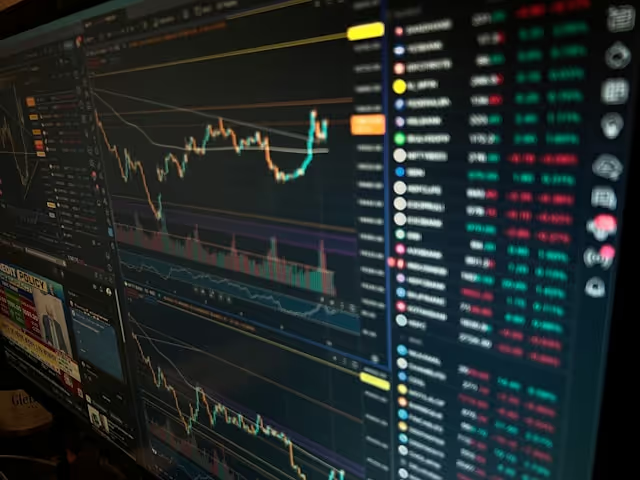Global production, local liability
The manufacturing industry operates through complex global supply chains, making it highly exposed to non-financial risks such as human rights violations, industrial accidents, environmental damage, and cyberattacks on operational systems. Any disruption — physical, legal, or reputational — can rapidly escalate into a major crisis.
Key Risks
Industrial Accidents and Workplace Safety
In 2013, the Rana Plaza building collapse in Bangladesh killed 1,134 people, mostly garment workers producing clothes for Western brands like Benetton, Mango, and Primark.
The case prompted global reforms on supply chain accountability and contributed to the adoption of the EU Corporate Sustainability Due Diligence Directive (CSDD)


Labor Violations in the Supply Chain
In 2020, UK fashion brand Boohoo lost over 40% of its market value after a report exposed illegal labor conditions among subcontractors in Leicester — including wages below minimum levels and excessive working hours.
Although no formal conviction occurred, the reputational and financial fallout was severe.
Environmental Offenses and Corruption
In 2022, Lafarge agreed to pay $778 million USD to U.S. authorities after pleading guilty to providing material support to terrorist organizations in Syria in exchange for the continued operation of its cement plant.
The company is also under investigation in France for violations of environmental and human rights norms.
Meanwhile, firms like Arkema have been fined for persistent chemical pollution of soil and groundwater.
.avif)

Cybersecurity Threats to Industrial Systems
The BP Texas City refinery explosion in 2005 caused 15 fatalities and over 170 injuries. OSHA fined BP $21 million USD, and the company paid hundreds of millions in civil claims.
Such cases highlight the importance of robust HSE (Health, Safety & Environment) systems.
Sector Trends

Mandatory Supply Chain Due Diligence
The EU CSDDD and Germany’s Supply Chain Act compel companies to map and mitigate social and environmental risks across their value chain, and to implement grievance mechanisms.

Traceability and ESG Audit Requirements
Multinational buyers now demand certifications (e.g., SA8000, ISO 14001), third- party audits, and ESG clauses in procurement contracts, with exit rights in case of non-compliance.

Digitalization of Manufacturing Operations
Industry 4.0 technologies (IoT, AI, digital twins) bring efficiency — but also increase
exposure to cyberattacks, data breaches, and regulatory scrutiny.
What This Means for Your Business:
You are now judged not just by what you produce, but by how and by whom it’s made.
Third-party misconduct can create legal liability under EU and national due diligence laws.
Building resilient and ethical supply chains is a strategic priority — not just a compliance checkbox.

Sources
Rana Plaza Collapse, Human Rights Watch & Accord on Fire and Building Safety, April 2013
UK House of Commons, “Boohoo Group Supply Chain Practices,” July 2020
U.S. DOJ, “Lafarge Pleads Guilty to Supporting Terrorist Organizations,” October 2022
European Commission, Corporate Sustainability Due Diligence Directive (CSDDD), 2024
German Federal Ministry of Labour and Social Affairs, Lieferkettengesetz, 2023
CISA (U.S.), “Triton Malware ICS Alert,” 2018
French Ministry of Environment, “Arkema Pollution Cases,” 2020–2022

